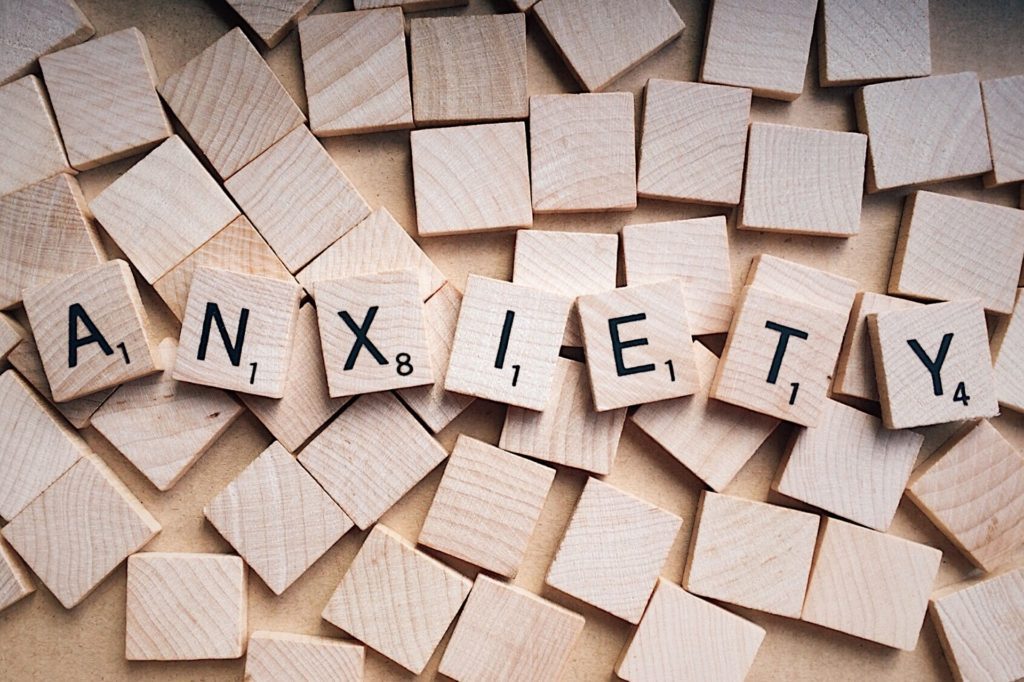As any new mum knows, there was some changes in your body on your pregnancy, and it will be some different changes on your body and mind after you have your little bundle of joy.
This changes need to be spoken about and after so many years of Taboo, finally we have a society willing to change that and to speak openly about them.
Here are the most common subjects about it:
1. Low Mood/ Anxiety
It’s very common to struggle with a new baby – but most people decide never to talk about it because they see at as a failure. If you feel this way, try and speak to close friends who have kids and talk to them about how you’re feeling. They can help you navigate the world of motherhood and get you through the rollercoaster of emotions. However, if your mood continues to dip, make an appointment to see your GP. Signs that your mood might be more serious are tearfulness, snapping/anger or low motivation – which can all be signs of post-natal depression.
The exhaustion women feel as new mums doesn’t help these feelings, but there are lots of online resources available for mums who are feeling low. Know you are not alone and remember that there is help available if you need it.
2. Urinary Incontinence
For a lot of women, it can be difficult to laugh after having a baby without a loo close by! If you had a difficult birth that used instrumentation, there could be damage to the nerves in the area. Pelvic floor exercises can help to relieve this issue and help to strengthen the muscles again. It is completely normal, but as with all post-pregnancy issues, if it continues for longer than six months go to visit a GP. They may refer you to a gynaecologist if they think you need it.
3. Bleeding
If you continue to bleed six weeks after giving birth, seek advice from your GP. Any smelly discharge, particularly if accompanied by abdominal pain and fever, should be investigated immediately as it could indicate a serious womb infection. Periods after having a baby can be intermittent, light and unscheduled, but some people find that they become heavy and difficult to manage. Speak to your GP if you are concerned about your periods, and also if you want to get back on contraception.
4. Breast infections
Mastitis is an infection of the breast tissue and can be an issue if you breast feed. If you’re concerned, ask a Health Visitor to check latch, as trauma can be caused to the nipple if it’s poor. Signs of mastitis include sharp pains when the baby latches, redness of the breast, or fever without another cause. If you have any of these signs, make an appointment with your GP, or call 111 if it’s out of hours. Mastitis can develop into a serious problem, so make sure you seek medical help if you think you may have it.
The advice is to keep feeding from the side that is sore, because although it can be painful, it can also help the infection to clear.
5. Sexual Dysfunction
Losing interest in having sex could be due to the change in roles in the home, or it might be down to the relationship being under strain from sleep deprivation. Often, it’s a psychological issue and if you’re feeling low, the last thing you will want to do is be intimate with your partner. Getting help with your mood can help with sexual dysfunction. Also, if you have had a traumatic birth you might need some psychological support to help you deal with what happened. Visit a GP and talk about counselling if you think your lack of sex drive might be down to your mood.
If you are experiencing physical pain when engaging in intercourse, you may need a review with your healthcare professional. You could have had a small prolapse or it might be that an episiotomy scar needs revision. Don’t be embarrassed when going to see a GP, as we can’t be shocked – we have literally heard and seen everything!
No gallery template found!
Guest Author Health article by:
Dr Elizabeth Kershaw-Yates, GP and one of the medical team at TheOnlineClinic: https://www.theonlineclinic.co.uk/








 Em Português
Em Português En Español
En Español